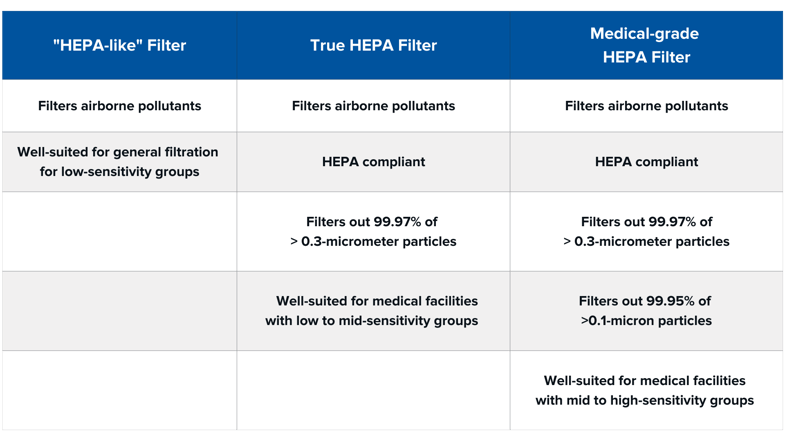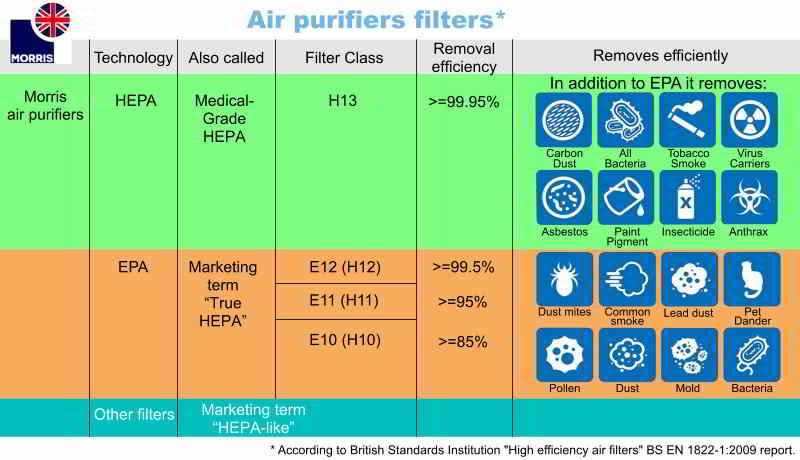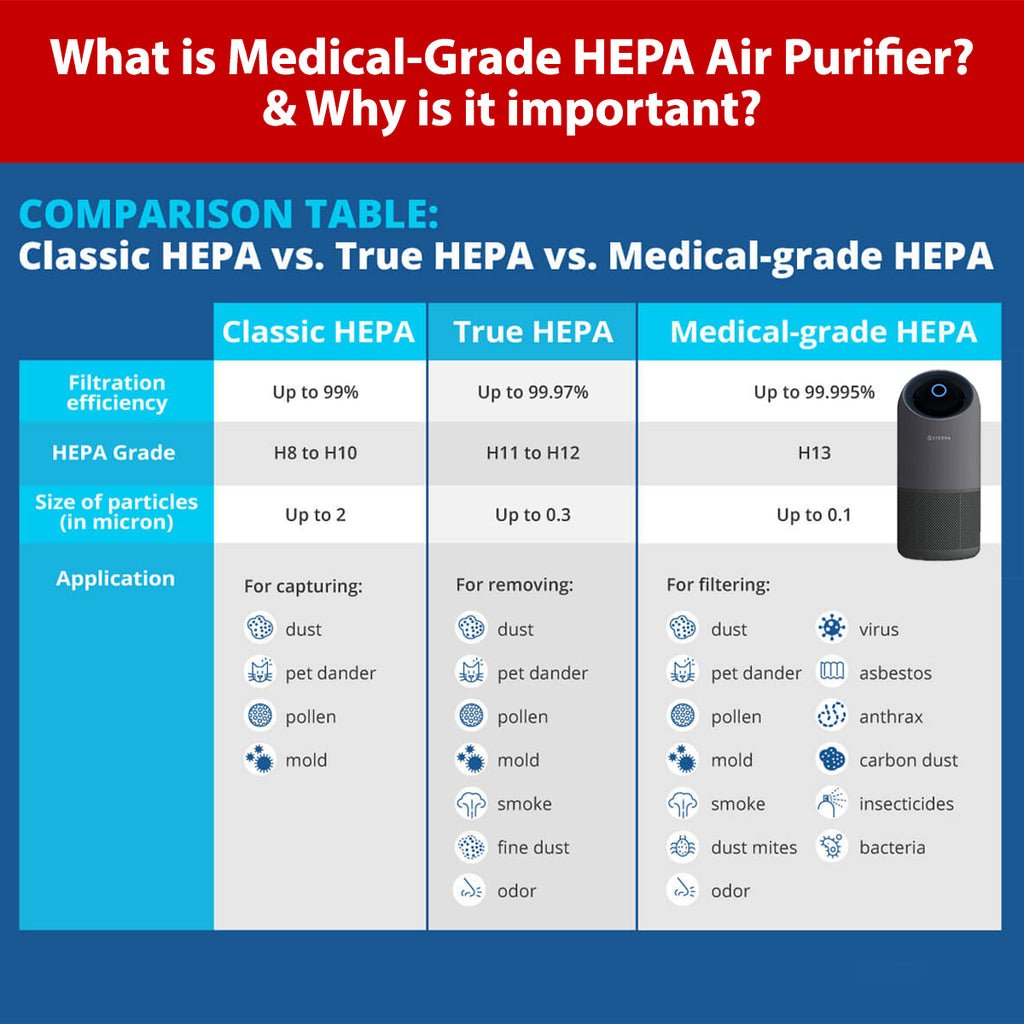When it comes to air purification and filtration technology, two terms that are frequently mentioned are HEPA filter and True HEPA filter. These filters play a crucial role in improving indoor air quality, but it’s important to understand that there are differences between them. In this article, we will delve into the disparities between these two types of filters, and explore the impact they have on air purification.
HEPA Filter
A HEPA filter, which stands for High Efficiency Particulate Air filter, is designed to trap a high percentage of particles that are 0.3 microns or larger. It is highly effective at capturing dust, pollen, pet dander, and other airborne particles, making it an essential component of air purifiers and HVAC systems. HEPA filters are renowned for their ability to improve indoor air quality by removing a wide range of contaminants.
True HEPA Filter
On the other hand, a True HEPA filter is a specific type of HEPA filter that meets the rigorous standards set by the United States Department of Energy. True HEPA filters must capture 99.97% of particles that are 0.3 microns in size. This designation ensures that the filter provides an exceptionally high level of filtration, making it suitable for environments where air quality is a top priority, such as hospitals, laboratories, and cleanrooms.
Key Differences
While both HEPA and True HEPA filters are effective at trapping airborne particles, the primary disparity lies in their efficiency. A True HEPA filter is capable of capturing a higher percentage of ultrafine particles compared to a standard HEPA filter. This makes it the preferred choice for individuals who are particularly concerned about air purity and the elimination of microscopic pollutants from indoor environments.

Credit: www.hepacart.com
Benefits of True HEPA Filter
Investing in a True HEPA filter can offer several benefits, including:
- Enhanced Air Quality: True HEPA filters excel at removing a wide array of contaminants from the air, thereby improving the overall air quality within a space.
- Allergen Reduction: By capturing microscopic allergens such as mold spores and pet dander, True HEPA filters can alleviate allergy symptoms and promote a healthier living environment.
- Purification in Sensitive Environments: True HEPA filters are ideal for use in environments where maintaining a high level of air purity is essential, such as healthcare facilities and research laboratories.

Credit: morrisdirect.co.uk
Frequently Asked Questions For What Is The Difference Between Hepa Filter And True Hepa Filter?
What Is A Hepa Filter?
A HEPA (High-Efficiency Particulate Air) filter is a type of air filter that efficiently captures small particles and allergens, improving indoor air quality.
How Does A Hepa Filter Work?
HEPA filters use a fibrous matrix to trap particles as air flows through. The tight weave of the filter captures particles like dust, pollen, pet dander, and even bacteria and viruses.
What Is A True Hepa Filter?
A True HEPA filter refers to a standard established by the U. S. Department of Energy. It indicates that the filter can capture at least 99. 97% of airborne particles down to 0. 3 micrometers in size.
Are All Hepa Filters True Hepa Filters?
No, not all HEPA filters meet the True HEPA standard. Some filters may advertise as HEPA-like or HEPA-type, but they may not meet the same level of efficiency and particle capture as True HEPA filters.
Conclusion
In conclusion, while both HEPA and True HEPA filters serve as effective tools for air purification, the main difference lies in the level of filtration efficiency. Individuals seeking the highest level of air quality and particle removal should consider investing in True HEPA filters, especially for spaces where air purity is of utmost importance. Understanding the disparities between these two types of filters can empower consumers to make informed decisions when selecting air purifiers or HVAC systems for their homes or businesses.
Rakib Sarwar is a Registered Pharmacist and a reputed health and wellness blogger. He has a great interest in Air purifiers.
